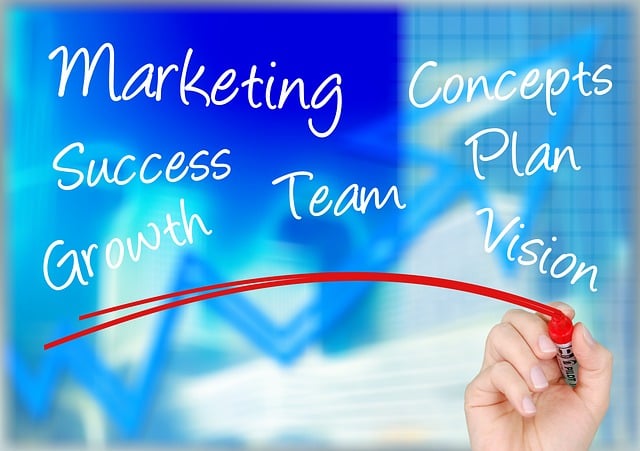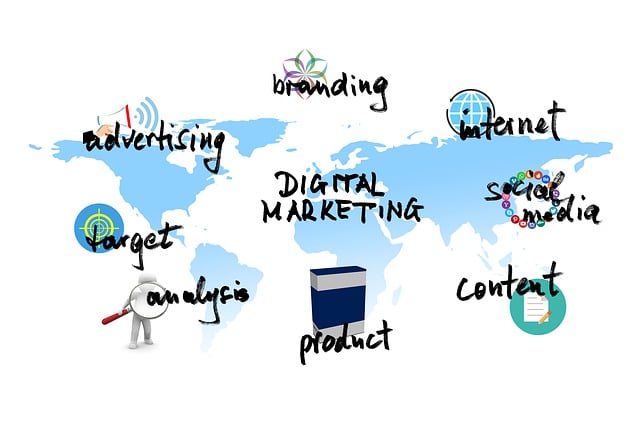AI automation is transforming talent acquisition through advanced algorithms and machine learning, particularly with AI-based allergy detection tools that analyze resumes, cover letters, and social media profiles to identify candidates with specific skills or experiences. These tools automate initial screening, reduce manual effort, enhance safety and diversity by minimizing human error and bias, and enable recruiters to focus on top talent. However, implementing these tools comes with privacy and security concerns, legal compliance issues, and the need for robust data protection measures globally. AI-powered recruitment streamlines processes, enhances decision-making, predicts exceptional performance, and builds a strong talent pipeline.
In the evolving landscape of talent acquisition, Artificial Intelligence (AI) automation is revolutionizing business recruitment processes. This article explores the transformative power of AI in streamlining and enhancing hiring strategies. We delve into the understanding and implementation of AI automation, focusing on its benefits and challenges, particularly in the context of AI-based allergy detection tools. By examining these aspects, organizations can harness AI’s potential to build robust and diverse teams.
- Understanding AI Automation in Talent Acquisition
- Benefits and Challenges of AI-based Allergy Detection Tools
- Implementing AI for Efficient Business Recruitment Processes
Understanding AI Automation in Talent Acquisition

AI automation in talent acquisition is transforming the way businesses recruit and hire top talent. By leveraging advanced algorithms and machine learning, AI-based tools can streamline and optimize various stages of the hiring process. These tools are designed to mimic human decision-making while incorporating data-driven insights that enable recruiters to make more informed choices.
One prominent application of AI in talent acquisition is the use of AI-based allergy detection tools. These innovative systems analyze resumes, cover letters, and other application materials to identify candidates who possess specific skills, qualifications, or experiences. By automatically filtering and ranking applicants based on predefined criteria, AI automation reduces the time and resources required for manual screening, allowing recruiters to focus on shortlisting and interviewing the most promising candidates.
Benefits and Challenges of AI-based Allergy Detection Tools

AI-based allergy detection tools offer significant advantages for talent acquisition processes, enhancing efficiency and accuracy. These tools can sift through vast amounts of candidate data, including resumes, application forms, and social media profiles, to identify individuals with specific allergies or health conditions. This enables recruiters to make informed decisions early in the hiring pipeline, ensuring a safer working environment for all employees. By automating this process, AI reduces the risk of human error and bias, promoting fairness and diversity in talent selection.
However, challenges exist in implementing AI-based allergy detection tools. Privacy concerns are paramount; handling sensitive health data requires robust security measures to protect candidates’ information. Furthermore, while AI can assist in initial screening, it may struggle with nuanced or contextual information that human recruiters excel at interpreting. Ensuring these tools align with legal and ethical standards, especially across different regions with varying data protection regulations, is crucial for effective and responsible talent acquisition automation.
Implementing AI for Efficient Business Recruitment Processes

Implementing AI for efficient business recruitment processes can significantly transform traditional hiring methods. Advanced AI-based allergy detection tools, powered by machine learning algorithms, analyze vast amounts of data to identify top talent quickly and accurately. These tools can scan resumes, social media profiles, and even perform initial video screenings, streamlining the initial filtering stage and reducing manual effort.
By leveraging AI, businesses can enhance decision-making processes, ensuring they select candidates who best fit their organizational culture and job requirements. This technology goes beyond basic skill assessment; it employs natural language processing (NLP) to understand nuances in resumes and interviews, uncovering hidden patterns that might indicate exceptional performance or potential for growth. Thus, companies can make more informed hiring decisions and build a robust talent pipeline.
AI automation is transforming talent acquisition, with AI-based allergy detection tools revolutionizing recruitment processes. By understanding their benefits and challenges, businesses can efficiently manage large applicant pools and make data-driven hiring decisions. Implementing these advanced tools enables organizations to streamline operations, reduce bias, and ultimately find the best fit for open positions, ensuring a competitive edge in today’s digital era.
